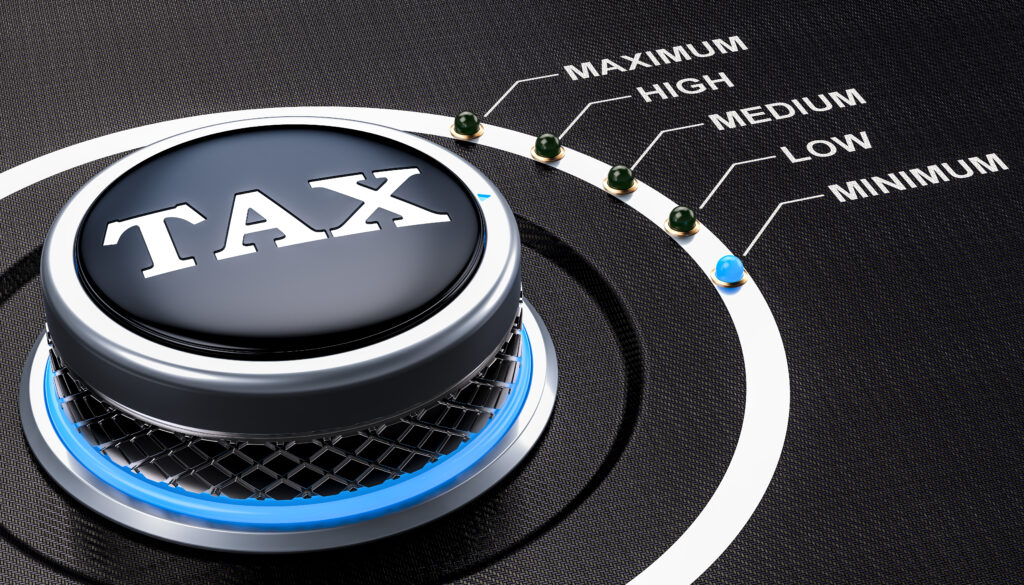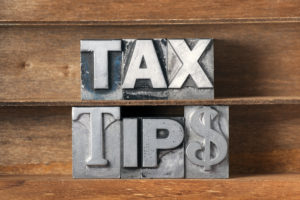Is The U.S. Really a Low-Tax Country?

Many U.S. taxpayers feel that our country’s taxes are too high, no matter which economic class you’re in. Likewise, regardless of which side of the political world you rest, most people would agree that the U.S. tax system needs some serious upgrading, and not just some fine-tuning. However, it appears that compared to many of the other developed countries in the world, the U.S. is actually on the low end of the tax scale.
According to the Organization for Economic Cooperation and Development, some of the most recent numbers show that about 30 other developed economies have higher taxes than the United States. In 2014, the U.S. government collected 26 percent of the gross domestic product revenue, which was way below the average of the rest of the world, which is 34.4 percent.
Of the 30 countries included in the report, there were only three economies that had a smaller tax percentage than the United States: South Korea, Chile and Mexico. Denmark leads the list with the highest percentage; a whopping 50.9 percent, and France, Italy, the U.K. and Germany were all over 30 or even 40 percent as well.
So why do U.S. taxpayers complain so much about taxes, if the country is actually towards the bottom of the list? It’s because the U.S. is the only country on the list that doesn’t use a Value Added Tax, or VAT. A VAT helps supplement revenue from other sources, which raises nearly 7 percent of the GDP in these countries. The U.S., on the other hand, has to count on other taxes to supplement its revenue because it does not have a VAT. And that won’t likely change any time soon.
How to Choose an Investment Advisor
How to Choose an Investment Advisor Finding a reliable source for investment advice has always been a challenge. It’s especially difficult in today’s investment environment. There’s no shortage of places to turn for advice. The shelves at the bookstores are filled with “experts” offering their perspectives on how and where to invest. The financial pages…
Here’s a 15-item checklist of low-hanging tax tips for financial advisors
Here’s a 15-item checklist of low-hanging tax tips for financial advisors It’s tempting to put April 15th behind you, but here’s how you can plan for next year: With April 15th behind us, many people put tax issues onto the back burner until they’re staring at the next deadline. Alan Olsen, managing partner at Greenstein,…
How To Stay In Control Of Your Company
How To Stay In Control Of Your Company Have you ever watched the popular ABC program Shark Tank? This “reality” show allows entrepreneurs and business owners to pitch their business ideas or products to five extremely wealthy investors who are successful entrepreneurs in their own right. The panel of “shark” investors even includes Dallas Mavericks’…
Family Limited Partnerships: Pros and Cons
Family Limited Partnerships: Pros and Cons A new approach to managing family wealth, the family limited partnership (FLP) has become popular in recent years. As an alternative, a Family Limited Liability Company may be used with similar results. These techniques offer several possible advantages: Family Limited Partnerships • consolidation of assets for convenient management; •…



